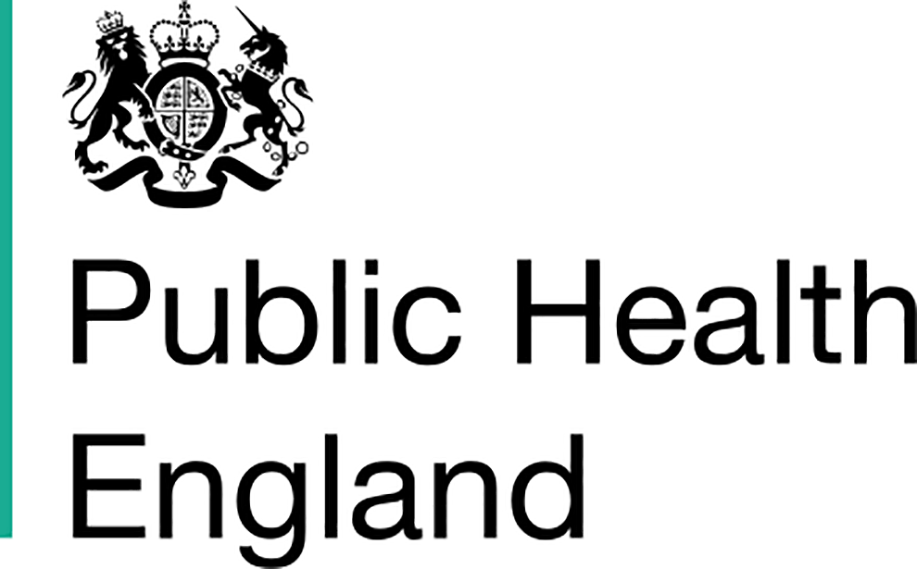
The Public Health England (PHE), together with NHS England and the Department of Health and Social Care (DHSC), will prioritise testing for those most at risk of severe illness from the virus.
As the UK has moved from ‘contain’ and into the ‘delay’ phase of novel coronavirus (COVID-19), Public Health England (PHE), together with NHS England and the Department of Health and Social Care (DHSC), has agreed they will need to prioritise testing for those most at risk of severe illness from the virus. The aim is to save lives, protect the most vulnerable, and relieve pressure on our NHS.
Those in hospital care for pneumonia or acute respiratory illness will be priority. This will mean those most at risk will be identified as early as possible, speeding up access to the right care and treatment.
People who are in the community with a fever or cough do not usually need testing. Instead, tests will primarily be given to:
- all patients in critical care for pneumonia, acute respiratory distress syndrome (ARDS) or flu like illness
- all other patients requiring admission to hospital for pneumonia, ARDS or flu like illness
- where an outbreak has occurred in a residential or care setting, for example long-term care facility or prisons
All other individuals with a high temperature or new, continuous cough should stay at home for 7days.
People do not need to call NHS 111 to go into self-isolation. If your symptoms worsen during home isolation or are no better after 7 days contact NHS 111 online. If you have no internet access, you should call NHS 111. For a medical emergency dial 999.
Daily press conferences
From Monday 16 March 2020, daily press conferences will be hosted by the Prime Minister and senior Ministers on the coronavirus pandemic, supported by scientific and medical experts including the Chief Medical Office and Chief Scientific Adviser. The press conferences form part of the government’s commitment to clarity and transparency in order to ensure British people are fully informed about the steps they can take to protect themselves and others.
A Downing Street spokesperson said: The Prime Minister and this Government are committed to keeping the public informed every step of the way about what we’re doing to fight the spread of coronavirus, when we’re doing it and why we’re doing it. At all times we will be led by the science to bring forward the right responses at the right time to this global pandemic.
On Monday morning the Prime Minister will speak to British manufacturers including Unipart Group to ask them to support production of essential medical equipment for the NHS. He will stress the vital role of Britain’s manufacturers in preparing the country for a significant spread of coronavirus and call on them to step up and support the nationwide effort to fight the virus.
A Downing Street spokesperson said: Preparing for the spread of the coronavirus outbreak is a national priority and we’re calling on the manufacturing industry and all those with relevant expertise who might be able to help to come together to help the country tackle this national crisis. We need to step up production of vital equipment such as ventilators so that we can all help the most vulnerable, and we need businesses to come to us and help in this national effort.
On Monday afternoon the Prime Minister will also chair another meeting of the COBR emergency committee to coordinate the government’s ongoing response to coronavirus. The meeting is expected to include discussion on current modelling of the outbreak and next steps on plans around shielding elderly and vulnerable people, household isolation and mass gatherings.
Following his calls over the last few days with world leaders including President Trump, Chancellor Merkel, Prime Minister Abe, Prime Minister Conte and Crown Prince Mohammad bin Salman the Prime Minister will continue his engagement with international partners to ensure a coordinated global response to the outbreak. Tomorrow all G7 leaders will participate in a call to discuss international efforts. The Prime Minister will encourage fellow leaders to support the World Health Organization response, provide funding and expertise for research that can ensure rapid progress to develop a vaccine, and drive forward support to mitigate the economic impacts of the crisis.
In the past few weeks the UK has shown leadership by providing up to £150 million to the IMF’s Catastrophe Containment and Relief Trust to support the economies of developing countries affected by the virus, £50 million for the Centre for Epidemic Preparedness Innovations which is leading the global research and development of a vaccine, £25 million for further research into the virus including to develop a rapid test, and £10 million for the WHO’s flash appeal for the outbreak.
Kindly follow us on twitter:@AfricanVoice2









